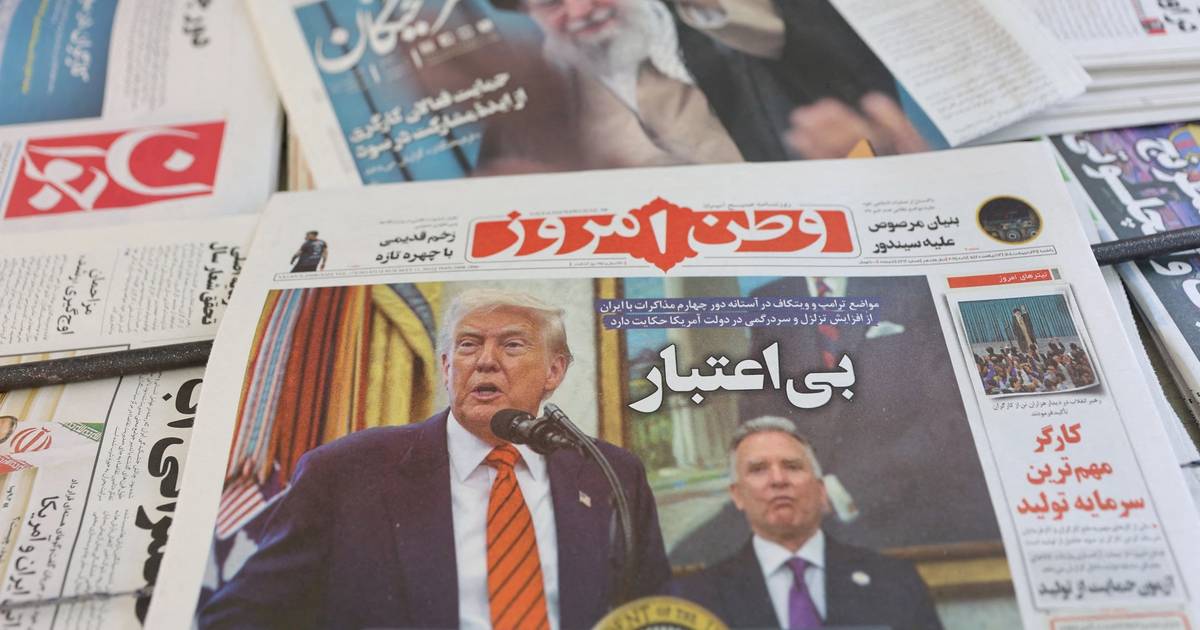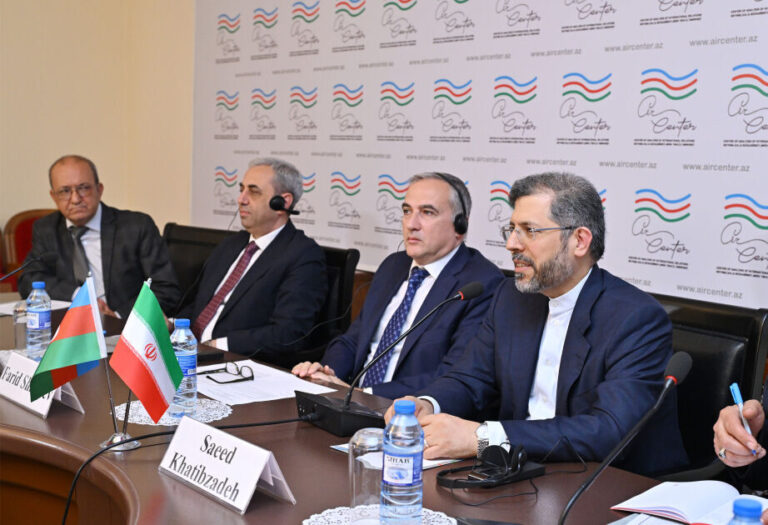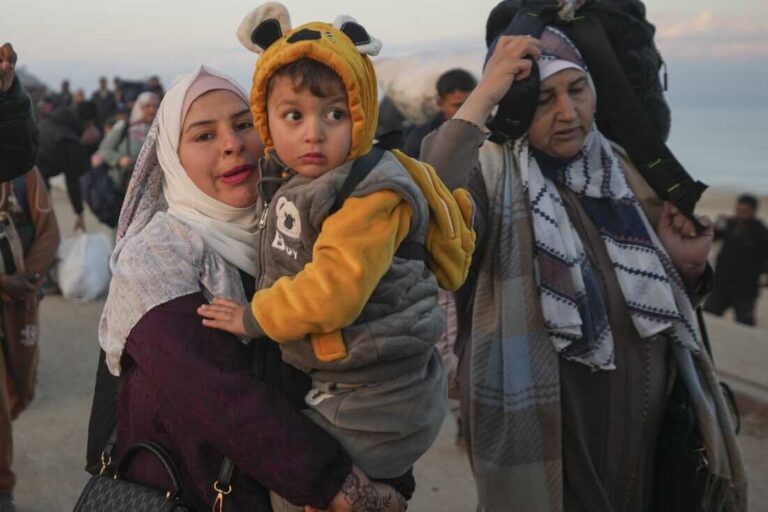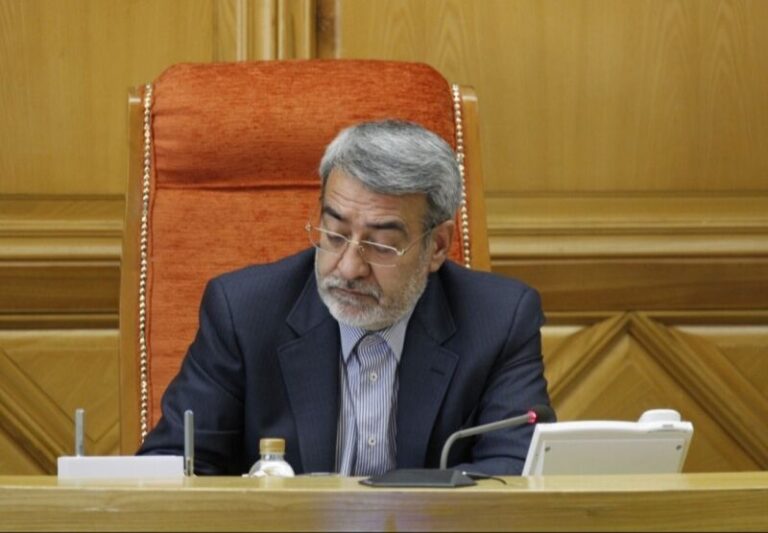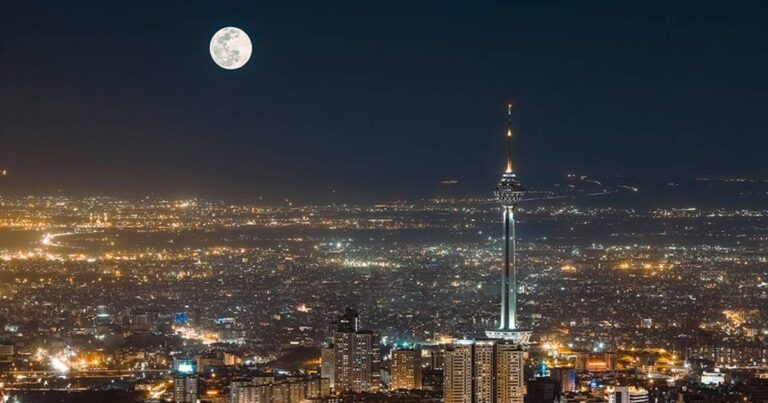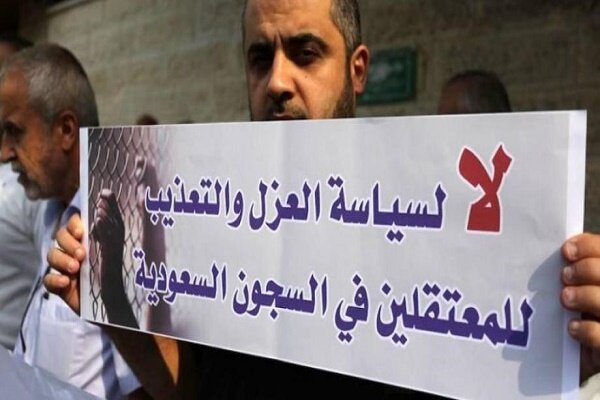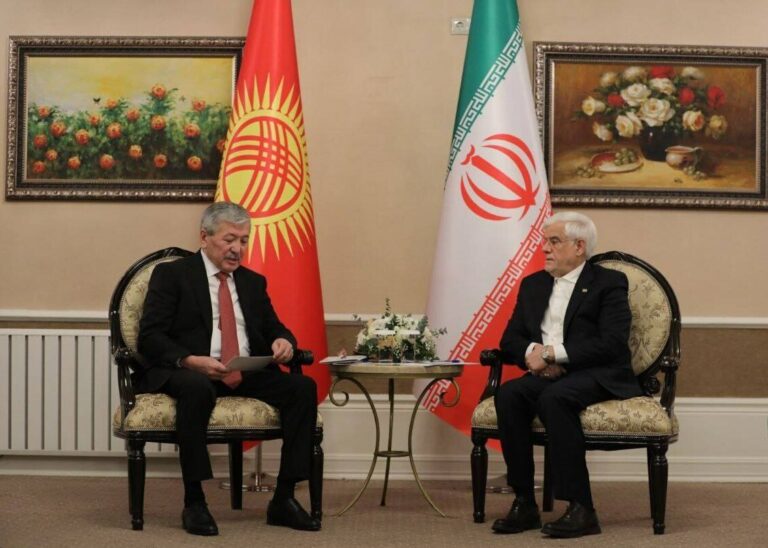US Negotiation Stalemate Fuels Doubts Among Skeptics in Tehran
In recent developments regarding the ongoing negotiations between Iran and Washington, hardliners in Tehran are expressing skepticism about the progress of these talks. They argue that the discussions are stagnant and primarily serve to delay any potential collapse of the negotiations.
“It is unclear what was discussed over the past month. There is no detail on substance or format, nor any indication of whether an agreement is likely,” Vatan Emrooz wrote in its editorial following the fourth round of talks in Oman last weekend.
“The US’s repeated calls to halt enrichment cast doubt on its seriousness … Perhaps the only objective at this point is to ensure the talks do not collapse,” the editorial added. While the ultra-conservative daily was more subdued than usual, the message was clear: the process, not the outcome, is what matters.
Kayhan, a hardline paper closely aligned with the Supreme Leader’s office, also struck a defiant tone, giving a rare front-page place to Foreign Minister Abbas Araghchi, who stated that Tehran will not negotiate its enrichment capabilities.
Muted Optimism and Missing Details
In contrast, other media outlets from both the reformist and conservative camps offered a more coordinated yet cautiously positive framing of the negotiations, albeit with limited substance. Etemad and Jomhouri Eslami described the talks as successful but lacked insight into the specifics of the discussions.
- The only notable detail was Etemad’s assertion that the latest round of talks were both direct and indirect, clearly contradicting the official line that the negotiations had been strictly indirect.
- Two prominent political commentators, Mohammad Sadeq Javadi-Hesar and Heshmatollah Falahatpisheh, acknowledged the information vacuum but urged against equating public messaging with actual policy.
“The outcome of the fourth round of talks has isolated warmongers and opponents of Iran,” Javadi-Hesar wrote in Etemad on Monday. Falahatpisheh went further, commenting on U.S. politics. “If both sides have decided to continue negotiations, it means that Steve Witkoff’s statement before the talks, about ending enrichment in Iran, was aimed at silencing opposition within the U.S.”
A Consortium on the Table?
One potentially significant development emerged from Khorassan, a conservative daily, which reported that Oman’s Foreign Minister Badr bin Hamad Al Busaidi proposed a regional “nuclear consortium” involving Iran, Saudi Arabia, and the UAE, with the United States as a symbolic shareholder.
Khorasan quoted Witkoff as describing the idea as “a surprise that can be considered.” Such an arrangement, the paper asserted, could address regional security concerns about Iran’s nuclear transparency and alleviate fears of its technological monopoly. This proposal indicates a possible shift in the dynamics of the negotiations and highlights the complexities involved in securing a consensus among the involved parties.
Mixed Reactions from the Media
The Reform-aligned daily Sharq was the most optimistic, describing the talks in Oman as breathing new life into diplomacy. Meanwhile, the centrist outlet Ham-Mihan captured the prevailing sentiment with the phrase “back to square one” on its front page.
In its editorial, Ham-Mihan emphasized that Iran will not accept zero enrichment or the transfer of its enriched uranium abroad unless there is a phased agreement and verifiable U.S. sanctions relief. This statement underscores Iran’s steadfast position in the negotiations and its insistence on maintaining its enrichment capabilities.
- Iran’s Position: Iran remains firm on its right to enrich uranium, emphasizing that any agreement must include a phased approach to sanctions relief.
- Regional Dynamics: The proposal of a nuclear consortium reflects the shifting regional dynamics and the need for collaborative security measures.
- Challenges Ahead: As hardliners express skepticism, the path forward remains fraught with challenges, highlighting the complexity of international diplomacy.
In summary, the ongoing negotiations between Iran and the United States are characterized by a mixture of skepticism from hardliners and cautious optimism from more moderate factions. The recent discussions in Oman have raised questions about the substance of the talks and the potential for meaningful progress. As both sides navigate these complexities, the outcome remains uncertain, but the stakes continue to be high for regional and global security.
